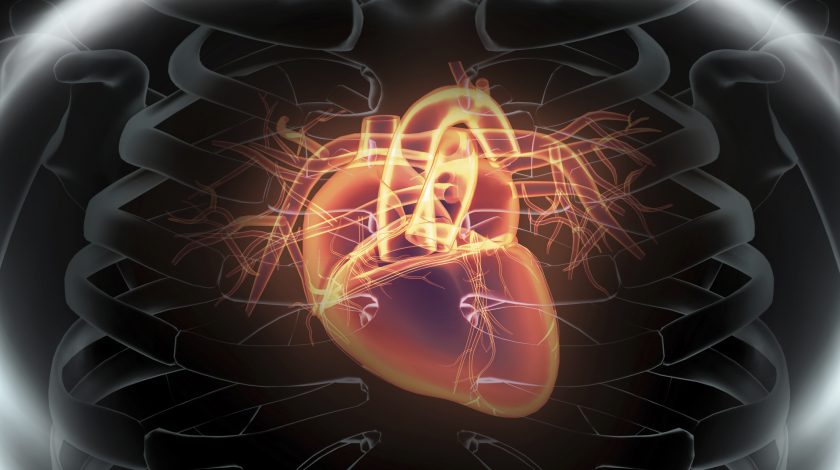Verily developing AI-based heart disease test

Verily and its sister company Google Research are developing an AI-powered test for heart disease that analyses retinal imagery.
Verily is Google's standalone healthcare division, and has embarked on many collaborations since being spun out in 2015, and AI is emerging as one of the most exciting areas in digital health.
The paper, which is yet to be peer reviewed, describes a technology that analyses imagery of the inner surface of the back of the eye to identify signs of heart disease.
The system was originally trained using images from 284,335 heart disease patients, during which time it identified features specific to the disease through machine learning.
The test was then validated using two independent datasets from 12,026 and 999 patients respectively.
According to the authors of the paper, the system could accurately identify a number of heart disease-related risk factors, such as smoking status, HbA1c levels, blood pressure, and past major cardiac events as well as age and gender.
"Our results indicate that deep learning of retinal fundus images alone can predict multiple cardiovascular risk factors, including as age, gender, and systolic blood pressure," write the study authors. "That these risk factors are core components used in multiple cardiovascular risk calculators indicates that our model can potentially predict cardiovascular risk directly."
The authors go on to state that the accuracy of the results is comparable to SCORE – a European risk calculator for retinal observation.
However, the system needs to be tested in a larger population, say the authors, to improve the system's accuracy.
“In particular, although the AUC for cardiovascular events was comparable to SCORE, the confidence intervals for both methods were wide. A significantly larger dataset or a population with more cardiovascular events may enable more accurate deep learning models to be trained and evaluated with high confidence."
Although not specifically attributed to one of its ongoing projects, the new research fits in with Verily's ongoing partnership with Nikon. The collaboration is looking to use deep and machine learning software to improve the detection of both diabetic retinopathy and diabetic macular oedema.











